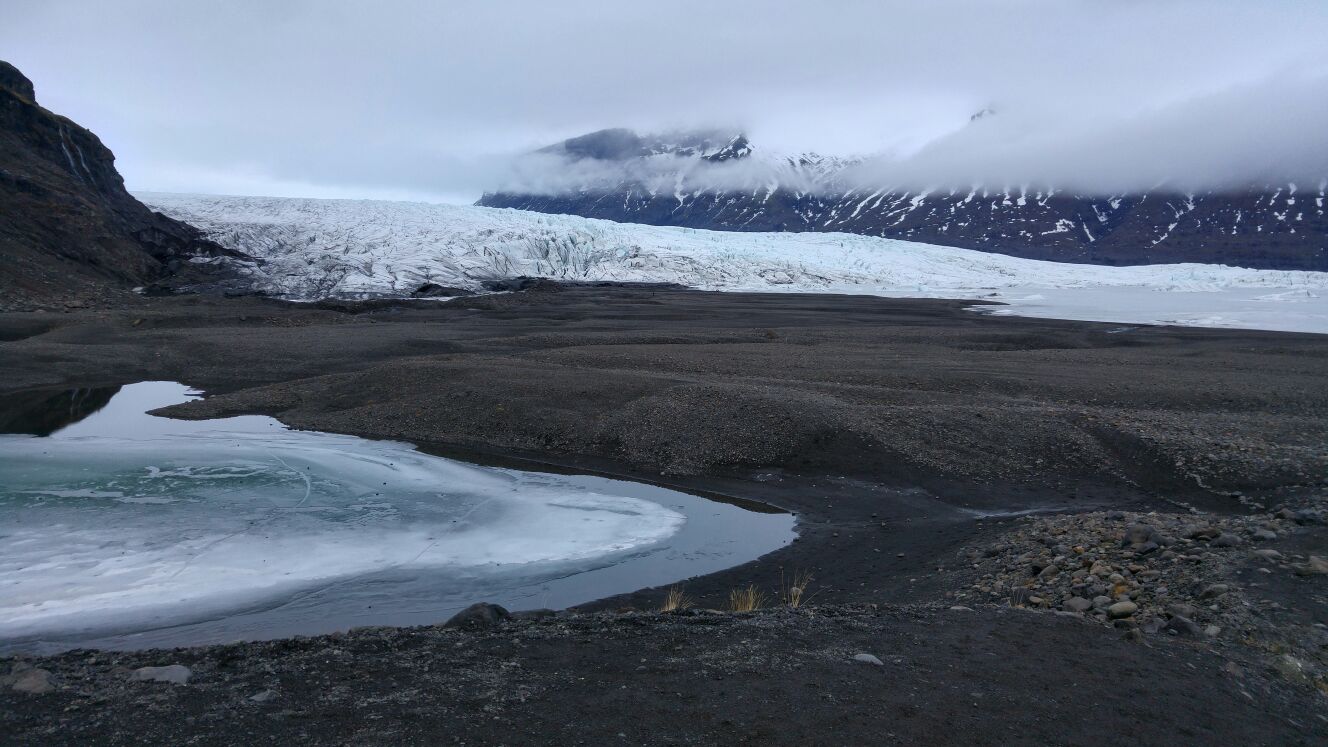The human mind has 3 levels of consciousness:
Superconscious (higher self); Conscious (egoistic self); Subconscious (lower self, or inner child).
how the conscious mind limits our experience of reality

- Engaged during daily activities, while awake.
- Uses sensory input from the 5 senses (sight, sound, smell, touch, hearing) – analyses, judges and evaluates this information.
- Deals with material reality, hence has a limited view.
- Influenced by fears, doubts and limiting beliefs stored in the subconscious.
- Hence, decisions and judgements made by the conscious mind may be flawed.
how the subconscious mind influences our lives

- Below the level of conscious awareness.
- This is the memory bank of all our experiences and associated emotions and conditioned thinking. These influence the conscious mind and, hence, our conscious behaviour and thinking.
- Most of our emotions / feelings are triggered by memories stored here.
superconscious mind: gateway to higher levels of knowledge & awareness

- The ‘Higher self’.
- That part of the mind which can access higher forms of consciousness and knowledge (Universal consciousness)
- This level of awareness sees the non-material (energy) forms behind the material forms.
- It’s functions include true creativity and psychic abilities.

who's in charge: conscious or subconscious mind?
When the conscious mind is out of balance, it is fear-based, egoistic and controlling and thinks only in terms of material reality.
how to access higher levels of knowledge and awareness
Our conscious mind needs to be aligned with the higher self, in order to connect with ‘Divine Source’, and access higher levels of awareness and creativity. However, this can only happen successfully when the conscious mind is free from any negative influences of the ‘subconscious’ i.e the negative energy of past experiences and emotions, which is stored in the subconscious, needs to be transmuted and neutralised.
